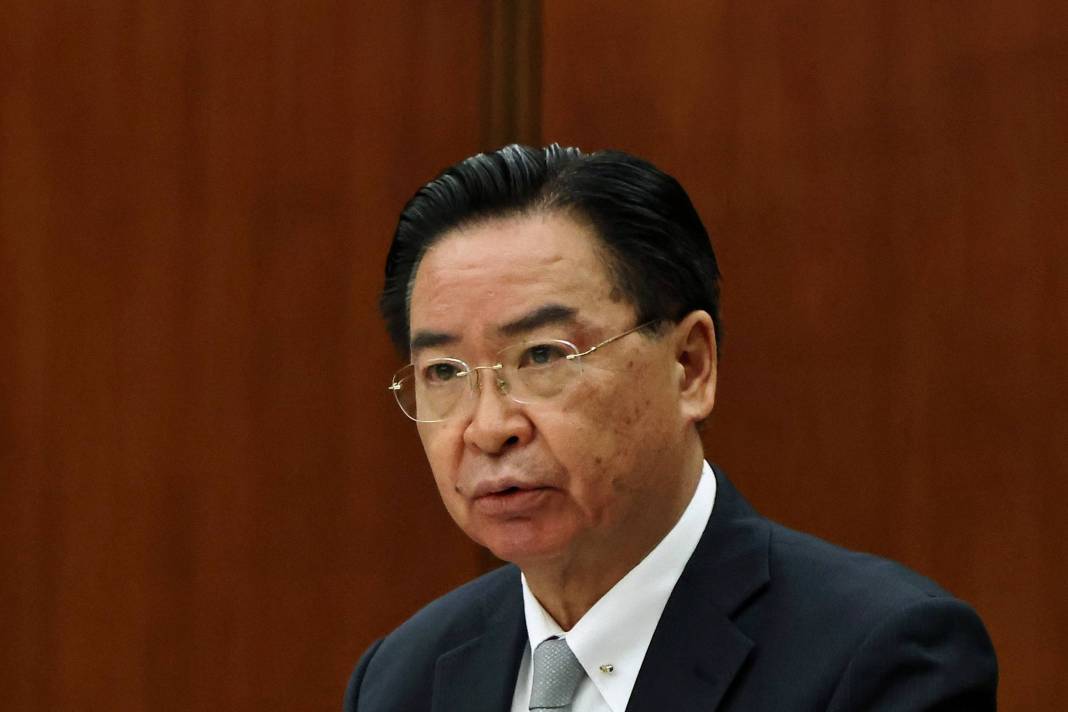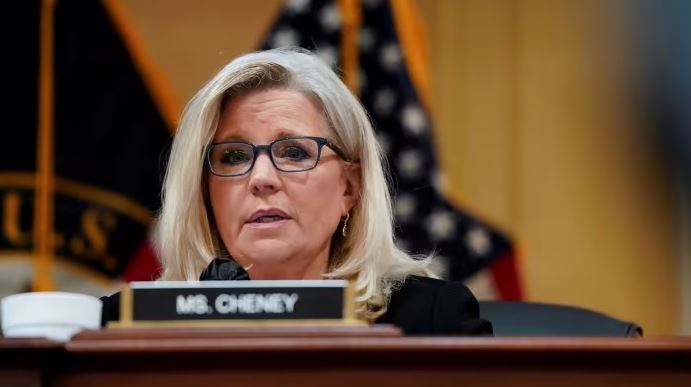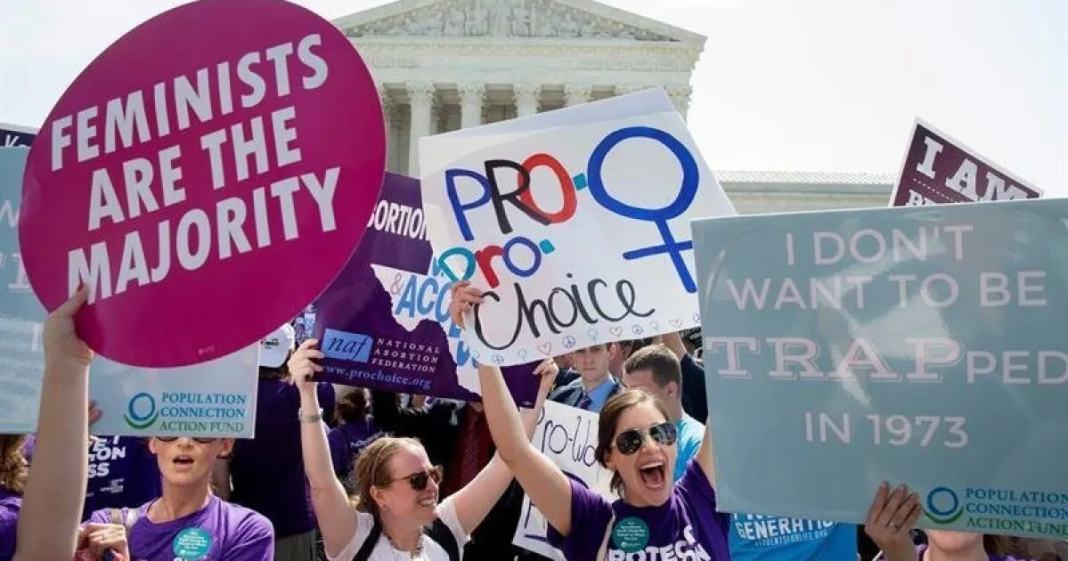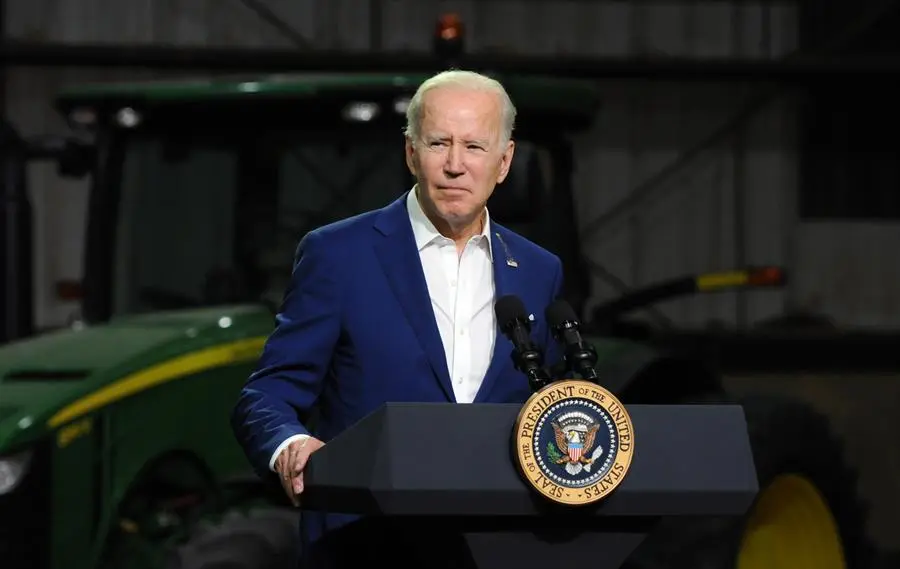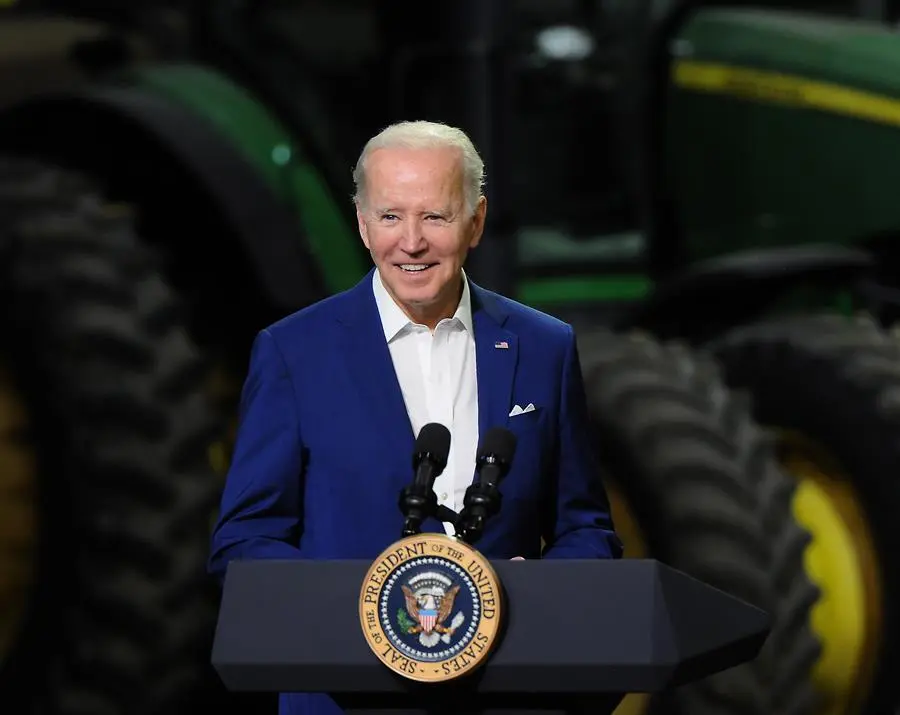Taiwan today described the Democracy Summit organized by Washington last week as “successful” and thanked the United States for inviting the island to participate in the event, from which Beijing was excluded.
“The Summit was a success. Taiwan’s representative to the US, Hsiao Bi-Khim, accompanied US President Joe Biden and other leaders of the free world to devise strategies aimed at strengthening the resistance of democracies and reversing the authoritarianism trend “, he said today the Taiwanese Foreign Ministry through the social network Twitter.
On the sidelines, Taiwanese Foreign Minister Joseph Wu said today that Nicaragua’s recent decision to sever relations with the island in order to reestablish them with Beijing is “heartbreaking” for Taipei.
“It is the result of the geopolitical rivalry between democratic and authoritarian regimes. The growing conflict between the pro-democratic camp led by the United States and the authoritarian camp of China and Russia is the main reason that Taiwan has lost this ally,” Wu said Tuesday in statements collected by the Taiwanese agency CNA.
According to Wu, the controversial re-election of Daniel Ortega as head of Nicaragua caused Washington to announce sanctions against that country, which is why Managua decided to ally with China and Russia and sever ties with Taipei.
With this rupture, Taiwan saw how the number of countries that recognize it as a legitimate government was reduced to 14, including several Latin Americans such as Guatemala, Honduras, or Paraguay.
The Summit for Democracy, organized by the United States and in which a hundred countries were present virtually – with notable absences such as China and Russia – ended last Friday without concrete agreements and with the promise of calling a new appointment in 2022.
The forum concluded as it began, with a speech by the host in which Biden insisted on the need to continue collaborating to strengthen democracies against threats such as disinformation, corruption, or authoritarianism.
Biden considered that government leaders have a responsibility to strengthen democracies by promoting reforms aimed at transparency and accountability.
Taiwan’s digital minister, Audrey Tang, intervened in a panel in which she used the COVID-19 infection tracking system launched by her Government, which respected the privacy of citizens, as an example of the necessary “trust” between economic sectors and between citizens and their institutions to preserve democratic values.
The Summit did not sit well in Beijing -Taiwan is one of the great points of friction that it maintains with Washington- and led its official media to launch a campaign in which they assured that the People’s Republic of China is also a democracy and the US system is “in decline” and “has failed” to form “effective” governments.

















































































